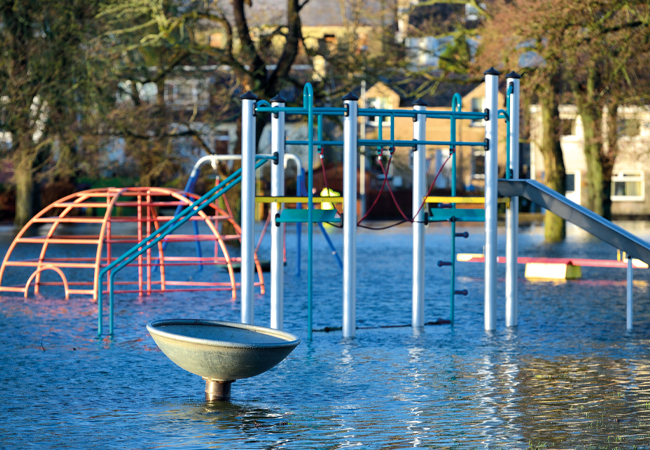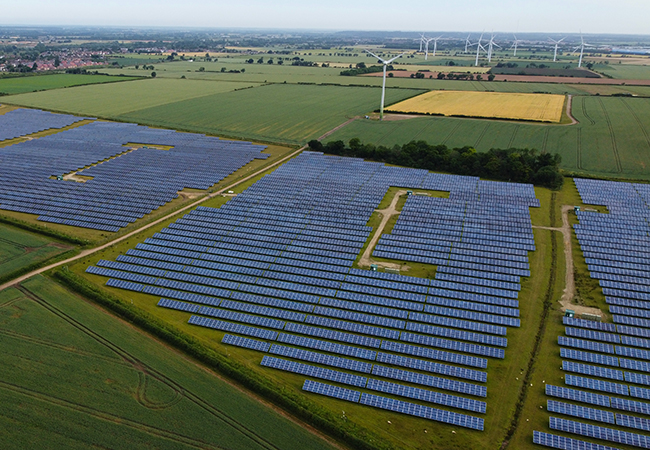
Credit: Stock.com – JohnFScott
The current rate of global climate change is unprecedented in thousands, if not hundreds of thousands, of years according to the latest report from the Intergovernmental Panel on Climate Change (IPCC).
Many of the changes are now irreversible and every region is already experiencing the impact of the changes, but strong and sustained reductions in emissions of carbon dioxide (CO2) and other greenhouse gases could still limit the impact and would also quickly improve air quality.
Climate Change 2021: The Physical Science Basis was approved by the IPCC’s 195 member governments. It said it could take 20-30 years to see global temperatures stabilise, and that the window of opportunity for limiting global warming to below 2°C was closing rapidly.
The report concluded that emissions of greenhouse gases from human activities were responsible for approximately 1.1°C of warming since 1850-1900, and that global temperature would reach – or exceed – 1.5°C of warming in the next 20 years.
‘This report is a reality check,’ said IPCC Working Group co-chair Valérie Masson-Delmotte. ‘We now have a much clearer picture of the past, present and future climate, which is essential for understanding where we are headed, what can be done, and how we can prepare.’
The IPCC said that climate change was already intensifying the water cycle, which brings more intense rainfall and associated flooding, as well as more intense drought in many regions. It expects more rainfall in high latitudes, but a reduction over large parts of the subtropics.
Coastal areas will see continued sea level rises during the 21st century, contributing to more flooding and coastal erosion. Aspects of climate change may be amplified in cities including heat, flooding, and sea level rise in coastal cities.

